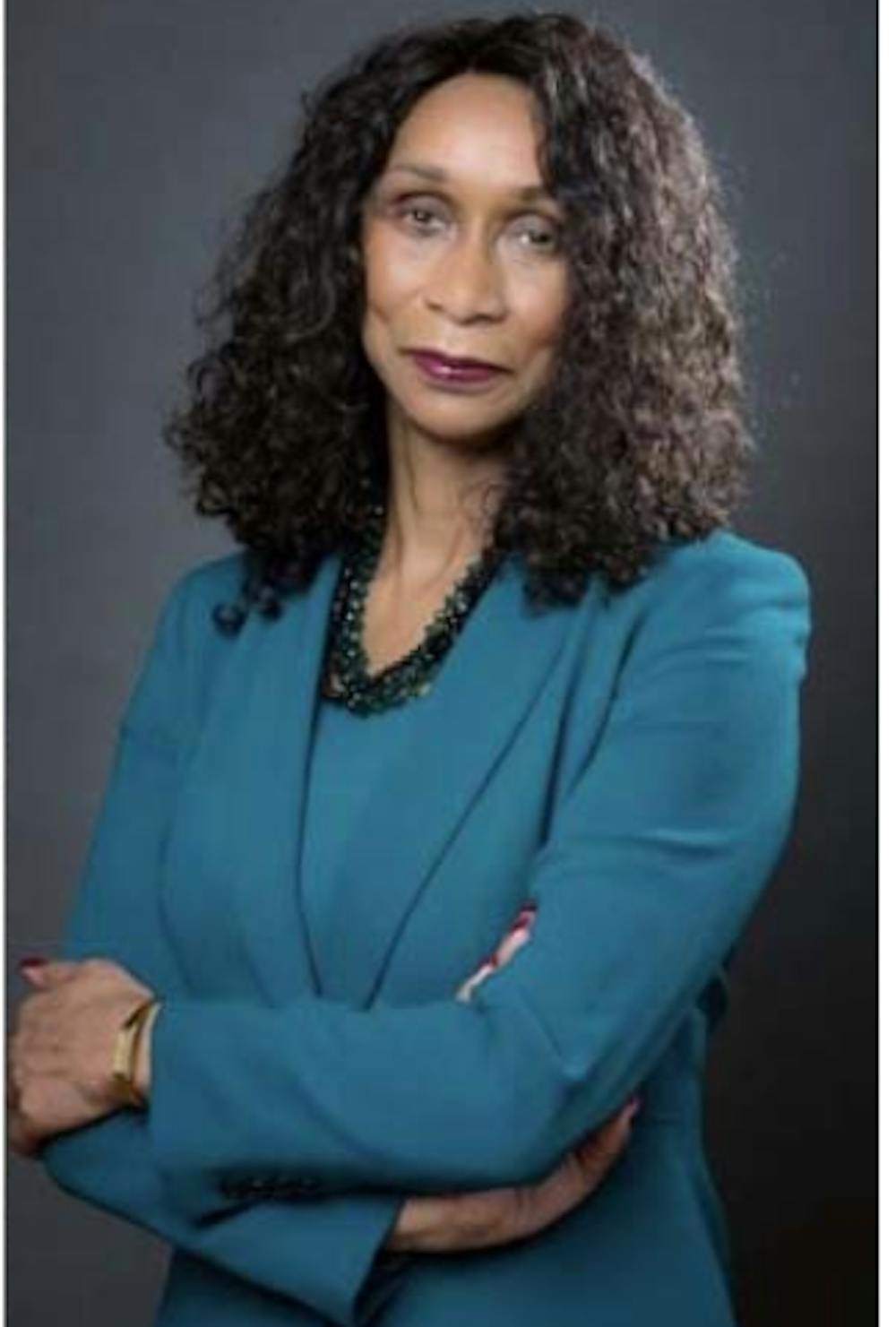Carolyn Jefferson-Jenkins, Western College for Women alumna and lifelong educator and activist, was announced as this year’s commencement speaker in February.
Jefferson-Jenkins attended Western College for Women from 1970 to 1974, where she studied political science and education. She said her education at Western was a valuable time for her.
“The experience actually was crucial to everything that I did subsequently in my life, and I always say that it was more than an education,” she said. “It was a preparation for life.”
After graduating, Jefferson-Jenkins became a high school teacher, teaching political science, history and government. She worked in education for over 40 years, in both K-12 and higher education. Today, she works as an adjunct professor at the University of North Carolina at Chapel Hill.
Jefferson-Jenkins received a master’s in education from John Carroll University and her Ph.D. in urban education and administration from Cleveland State University.
But Jefferson-Jenkin’s career is about more than education to her.
“My career had two paths,” she said, “so while my professional vocation was as an educator, my avocation was as an activist.”
In 1998, Jefferson-Jenkins was elected the 15th national president of the League of Women Voters, and she was the first woman of color to hold the position. She served until 2002.
“It’s an honor to have that opportunity, but there is also a huge responsibility that is placed on your shoulders, and I always talk about the weight of history and people don’t always understand,” she said. “Whenever you break a glass ceiling as a woman or somebody of color, I always say you walk away with scars because it’s difficult to change culture and people’s attitudes.”
The League of Women Voters is a grassroots organization, so its members choose its goals. Jefferson-Jenkins focused on campaign reform, healthcare reform and advocating for women to run for and win elected office.
While she served as president of the organization, she also helped with the “Get Out the Vote Campaign,” which registered over 50 thousand voters. Jefferson-Jenkins said 50 thousand may not seem like a lot but noted that it was all done with paper and pencil rather than the internet.
Jefferson-Jenkin’s passion for activism comes from growing up during the Civil Rights Movement and watching her grandmother’s advocacy.
Enjoy what you're reading?
Signup for our newsletter
“[Activism] has always been both my passion and my purpose, and that’s as the result of growing up during the Civil Rights era and having witnessed firsthand what segregation and discrimination looks like and feels like on a very personal level,” Jefferson-Jenkins said. “[My grandmother] lived in the South and was an educator and an activist as well, and I always tell the story of how she taught people to write their names so that they could register to vote.”
Jefferson-Jenkins keeps her grandmother’s poll tax receipt to remind herself and others of the struggles people of color had to face in order to vote.
She said her grandmother never got the recognition she deserved for her activism. Black women have historically been involved in the women’s rights movement but are often overlooked, and this inspired Jefferson-Jenkins to write her book “The Untold Story of Women of Color in the League of Women Voters” to remember Black women’s contributions to the organization.
She also wrote “The Road to Black Suffrage” and “One Man, One Vote: The History of the African-American Vote in the United States.”
In 2020, she received the Freedom Summer of ‘64 Award from Miami University for her work in voter rights.
Jefferson-Jenkins looks forward to speaking with this year’s graduates because she sees so many parallels between the time she attended college and now, referring to both as “transformational moments.”
“It was just an interesting time to be coming of age, and it’s so similar to what is going on right now for students who are in college,” she said. “The social fabric is beginning to change again; the world is beginning to change again.”
She is excited to see how the younger generation will further contribute to this social change.
“One of the things I will say to them is that they are made for a moment like this,” Jefferson-Jenkins said. “Their education has given them the skills and the ability and, for many of them, the passion and the purpose to move forward in life and to do those things that are not only beneficial to them but are beneficial to this whole society.”




